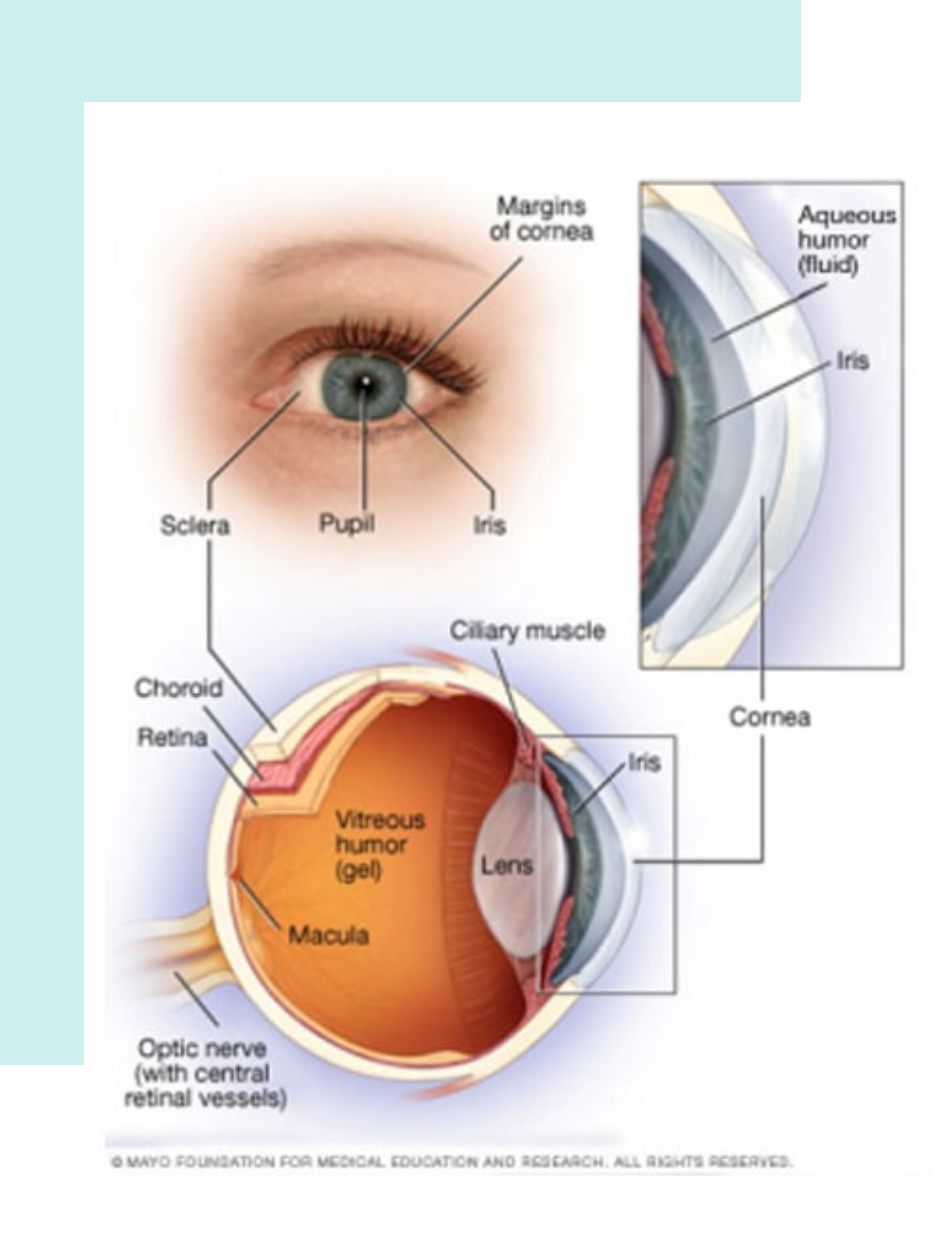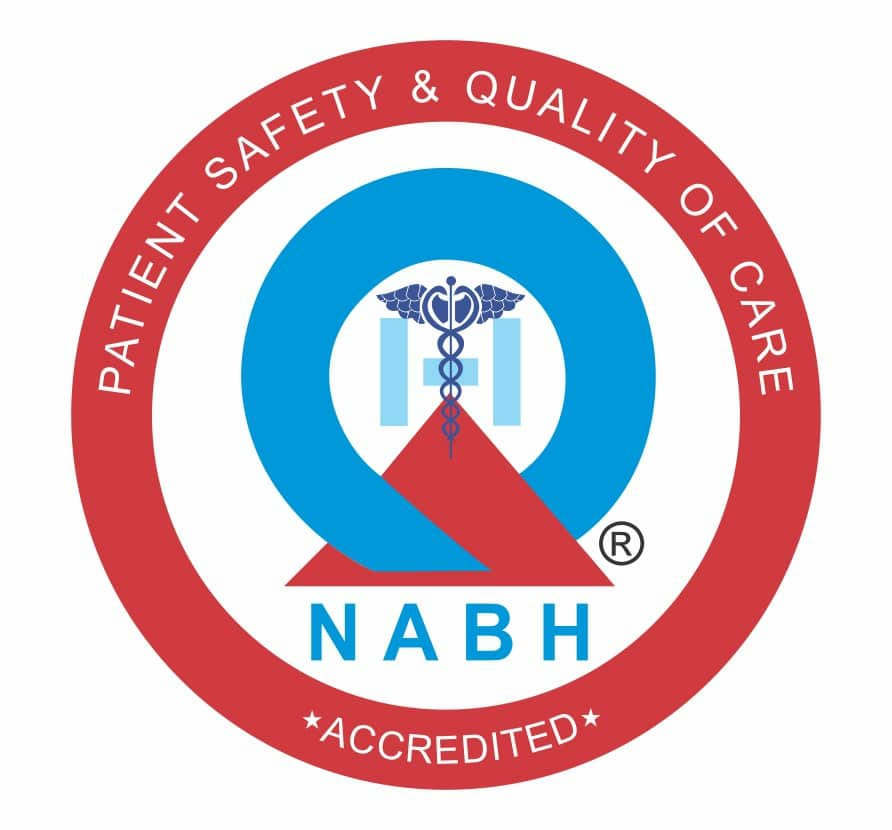LASIK eye surgery is the best known and most commonly performed laser refractive surgery to correct vision problems.
STANDARD LASIK PROCEDURE TO CORRCET BLURRING OF VISION
- LASIK eye surgery is the best known and most commonly performed laser refractive surgery to correct vision problems. Laser-assisted in situ keratomileusis (LASIK) can be an alternative to glasses or contact lenses.
- During LASIK surgery, a special type of cutting laser is used to precisely change the shape of the dome-shaped clear tissue at the front of your eye (cornea) to improve vision.
- In eyes with normal vision, the cornea bends (refracts) light precisely onto the retina at the back of the eye. But with nearsightedness (myopia), farsightedness (hyperopia) or astigmatism, the light is bent incorrectly, resulting in blurred vision.
- Glasses or contact lenses can correct vision, but reshaping the cornea itself also will provide the necessary refraction.

WHY IT’S DONE
Near Sightedness (Myopia) : When your eyeball is slightly longer than normal or when the cornea curves too sharply, light rays focus in front of the retina and blur distant vision. You can see objects that are close fairly clearly, but not those that are far away.
RISKS
- Complications that result in a loss of vision are very rare. But certain side effects of LASIK eye surgery, particularly dry eyes and temporary visual problems such as glare, are fairly common.
- These usually clear up after a few weeks or months, and very few people consider them to be a long-term problem.
- Complications that result in a loss of vision are very rare. But certain side effects of LASIK eye surgery, particularly dry eyes and temporary visual problems such as glare, are fairly common.
- These usually clear up after a few weeks or months, and very few people consider them to be a long-term problem.
RISKS OF LASIK SURGERY INCLUDE :
DRY EYES
LASIK surgery causes a temporary decrease in tear production. For the first six months or so after your surgery, your eyes may feel unusually dry as they heal. Dry eyes can reduce the quality of your vision. Your eye doctor might recommend eyedrops for dry eyes. If you experience severe dry eyes, you could opt for another procedure to get special plugs put in your tear ducts to prevent your tears from draining away from the surface of your eyes.
GLARE, HALOS AND DOUBLE VISION :
You may have difficulty seeing at night after surgery, which usually lasts a few days to a few weeks. You might notice increased light sensitivity, glare, halos around bright lights or double vision.
Even when a good visual result is measured under standard testing conditions, your vision in dim light (such as at dusk or in fog) may be reduced to a greater degree after the surgery than before the surgery.
UNDER CORRECTIONS
If the laser removes too little tissue from your eye, you won’t get the clearer vision results you were hoping for. Under corrections are more common for people who are near sighted. You may need another LASIK procedure within a year to remove more tissue.
OVERCORRECTIONS
It’s also possible that the laser will remove too much tissue from your eye. Overcorrections may be more difficult to fix than under corrections.
ASTIGMATISM
Astigmatism can be caused by uneven tissue removal. It may require additional surgery, glasses or contact lenses.
FLAP PROBLEMS
Folding back or removing the flap from the front of your eye during surgery can cause complications, including infection and excess tears. The outermost corneal tissue layer may grow abnormally underneath the flap during the healing process.
REGRESSION
Regression is when your vision slowly changes back toward your original prescription. This is a less common complication.
VISION LOSS OR CHANGES
Rarely, surgical complications can result in loss of vision. Some people also may not see as sharply or clearly as previously.


